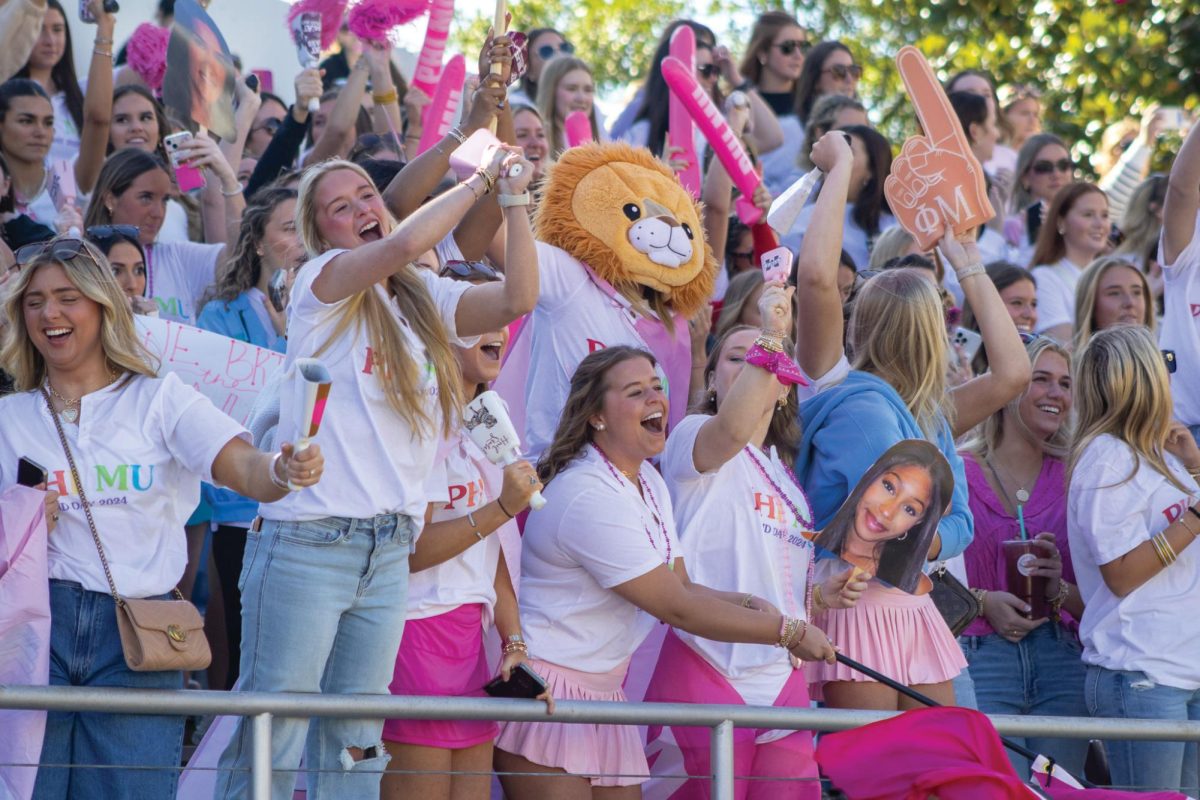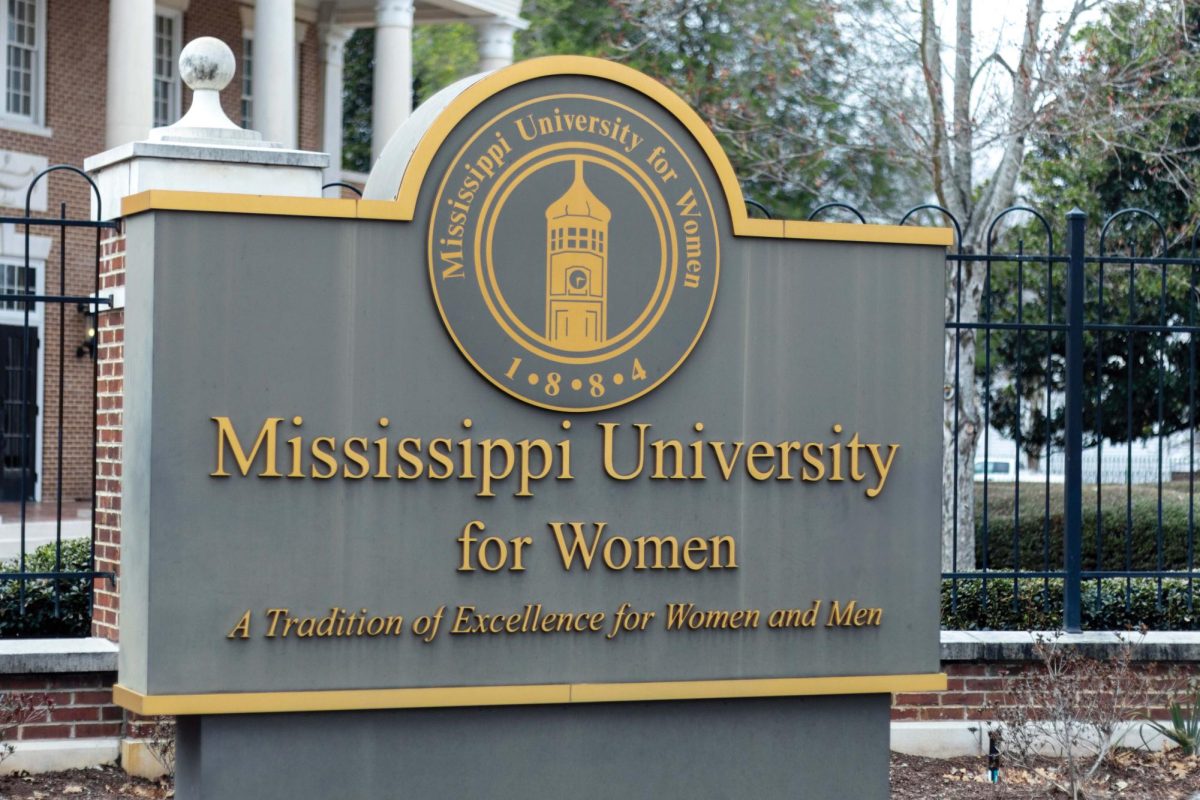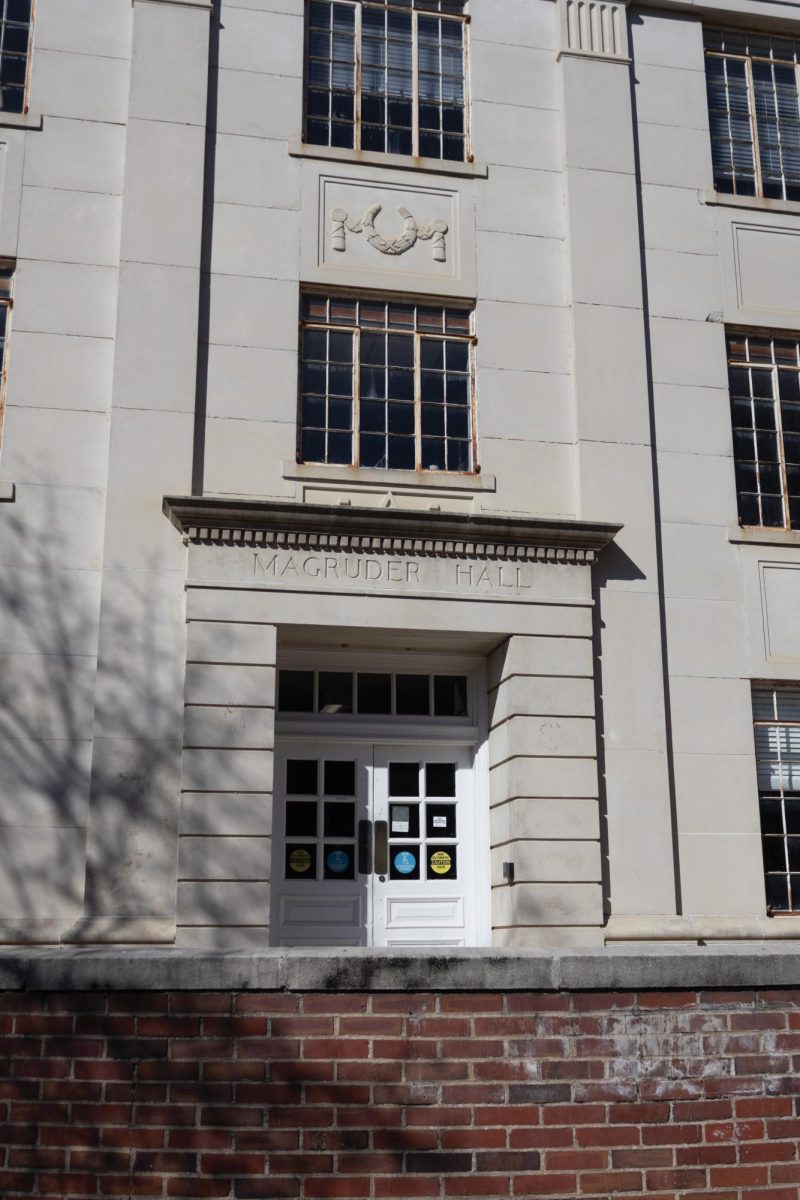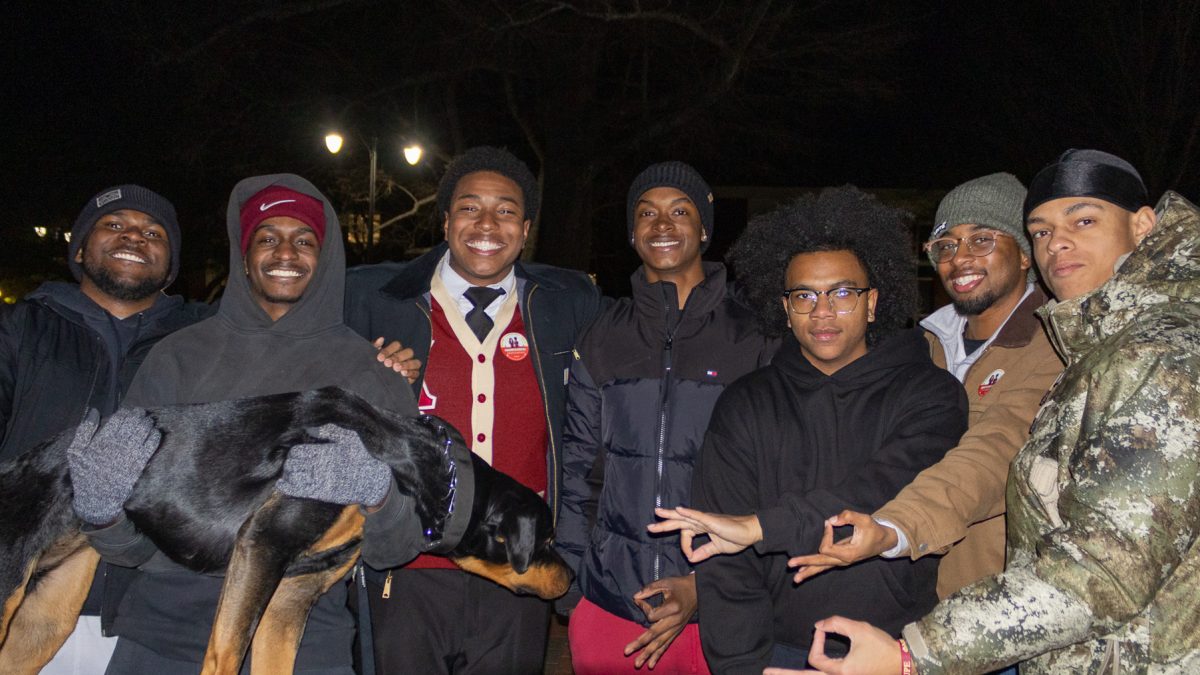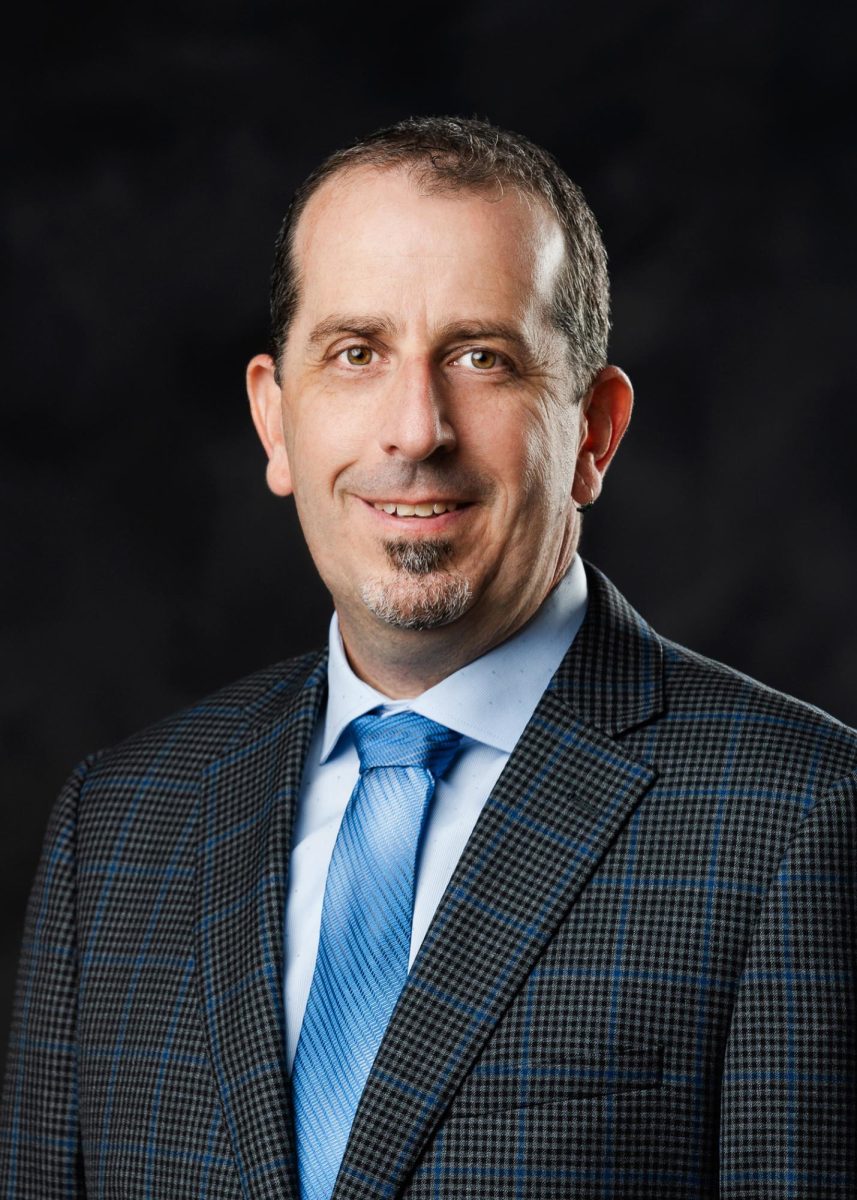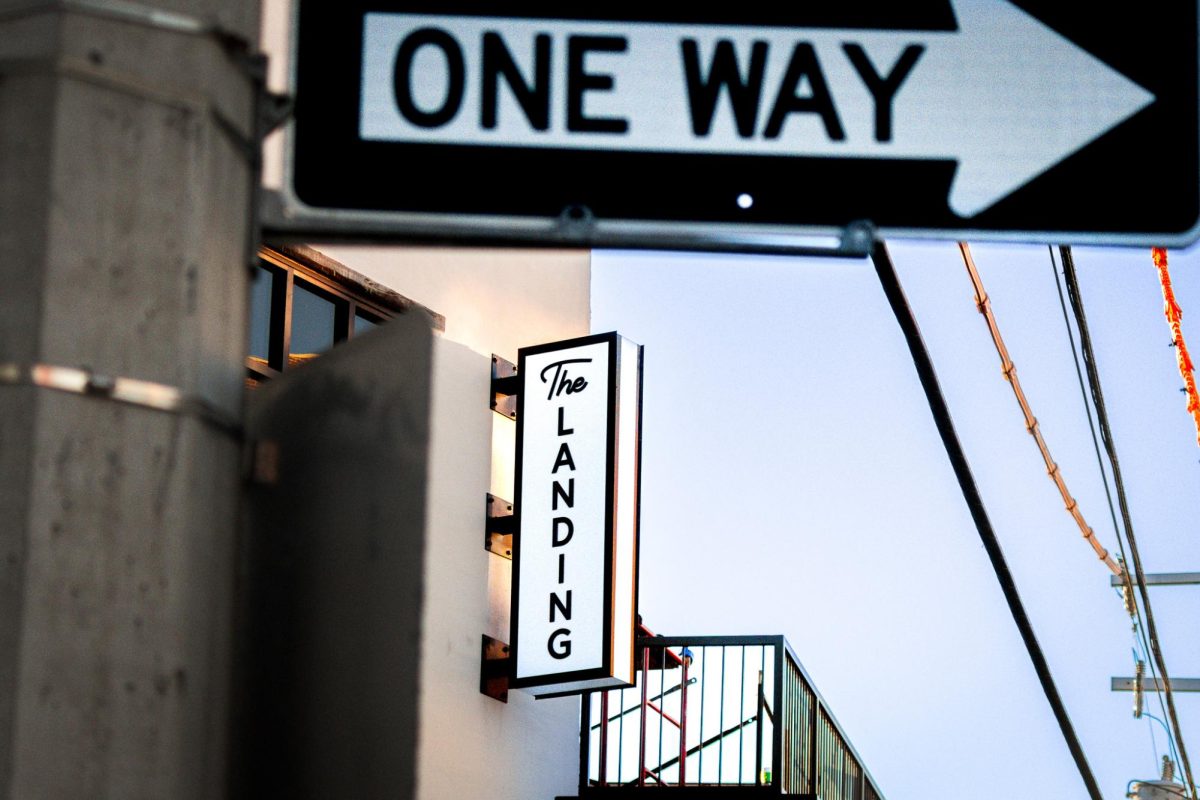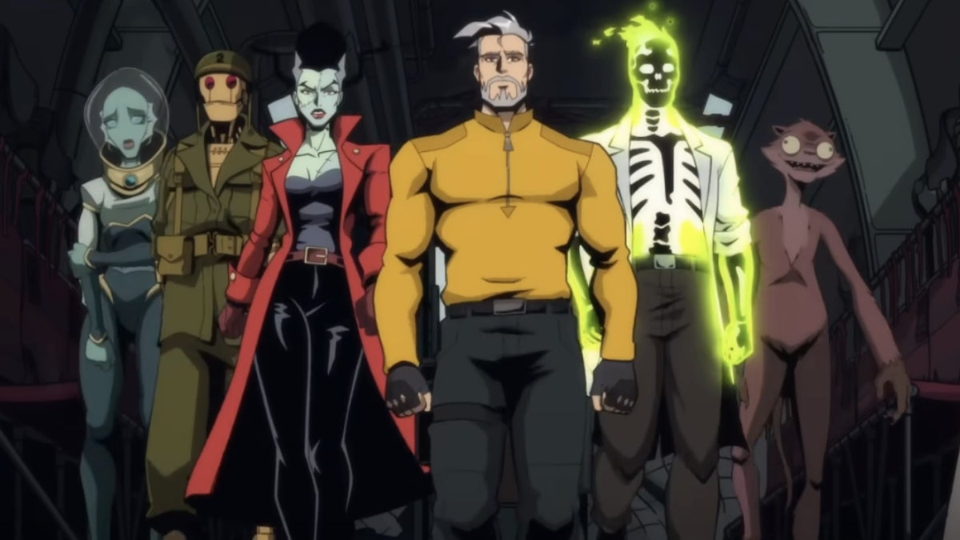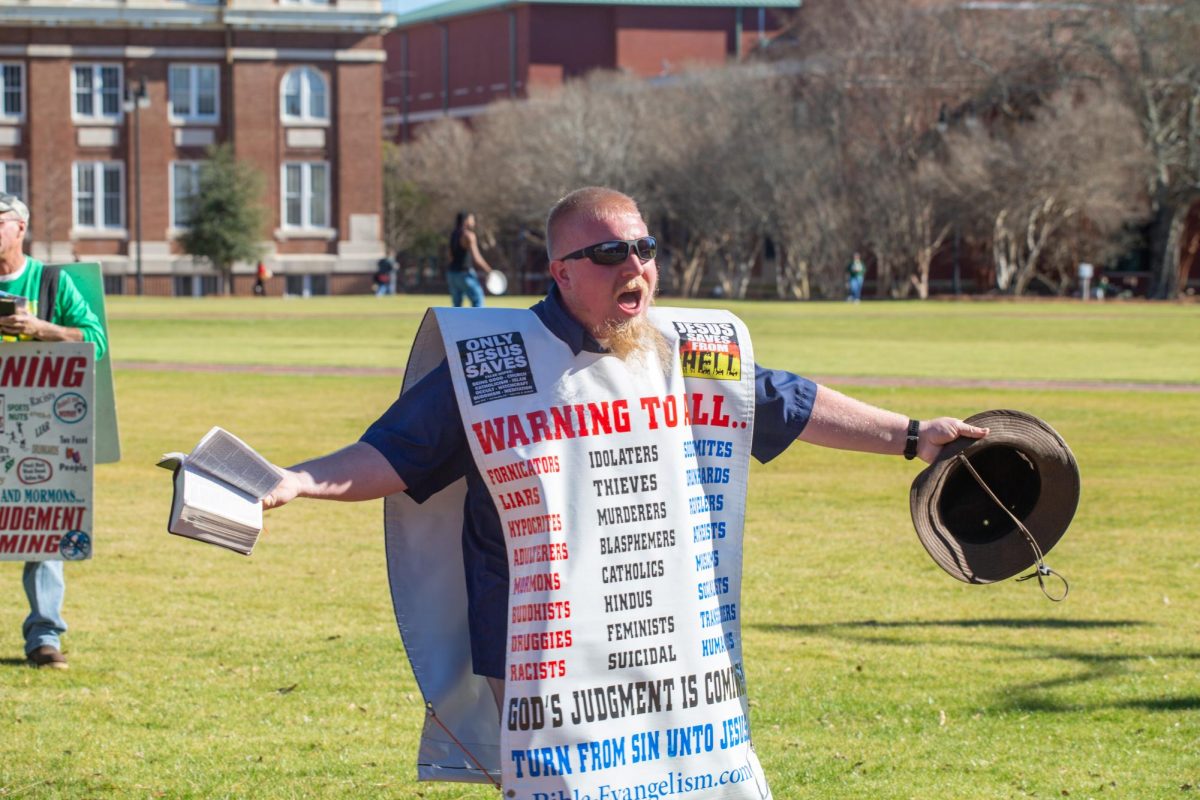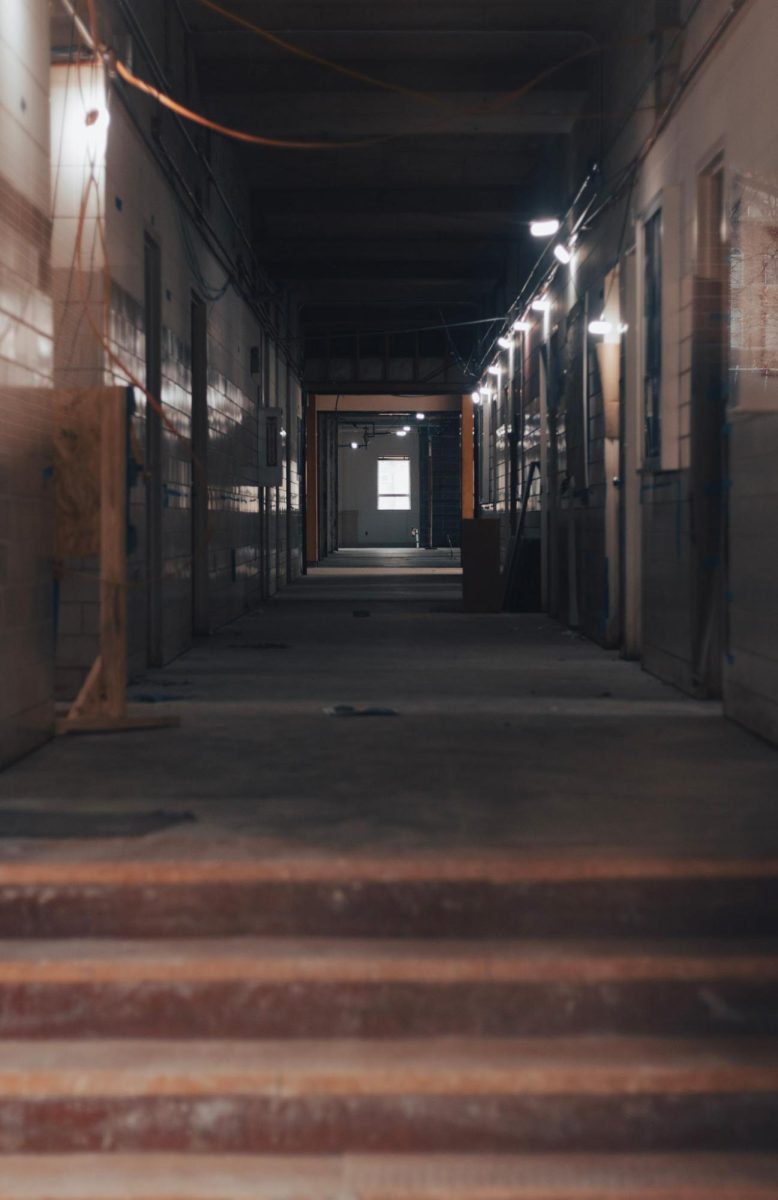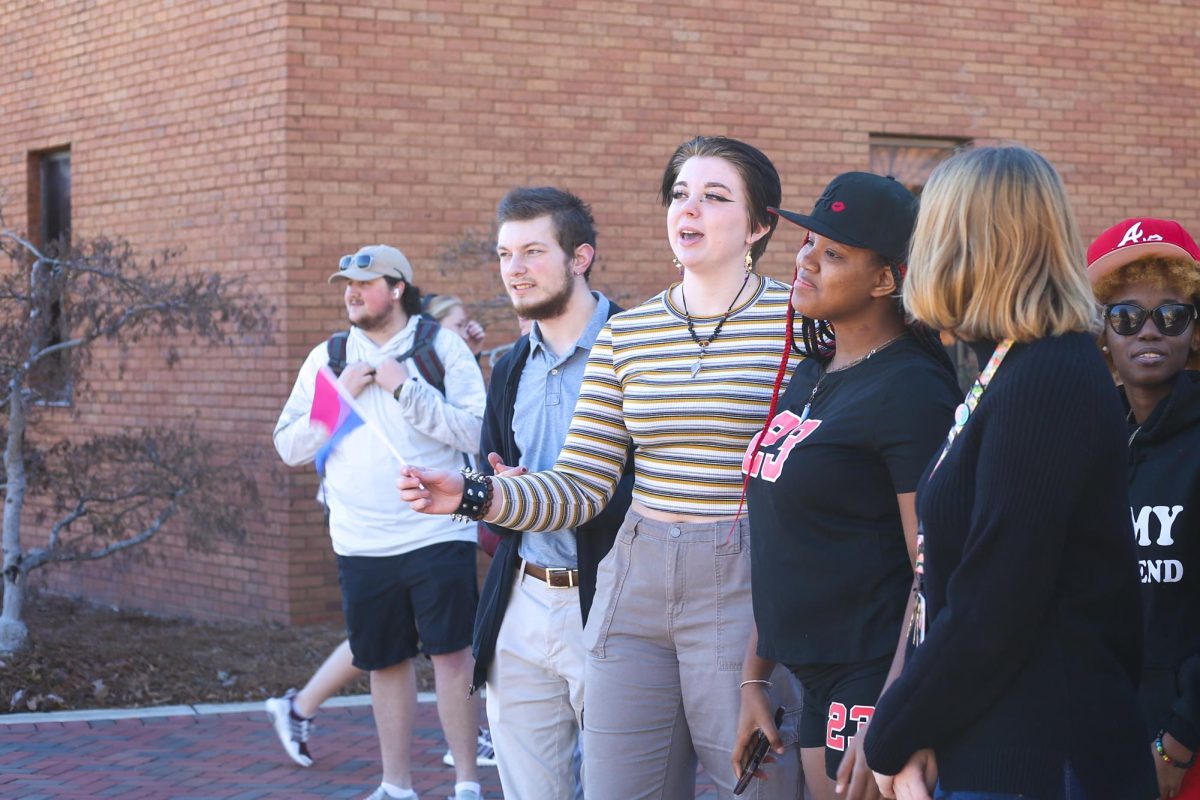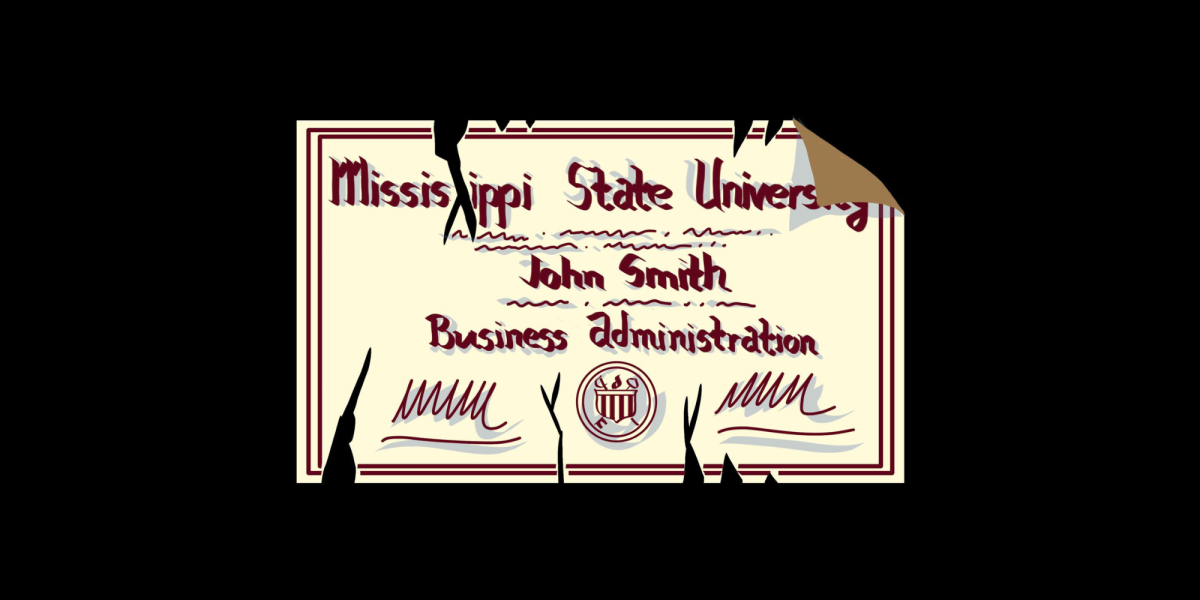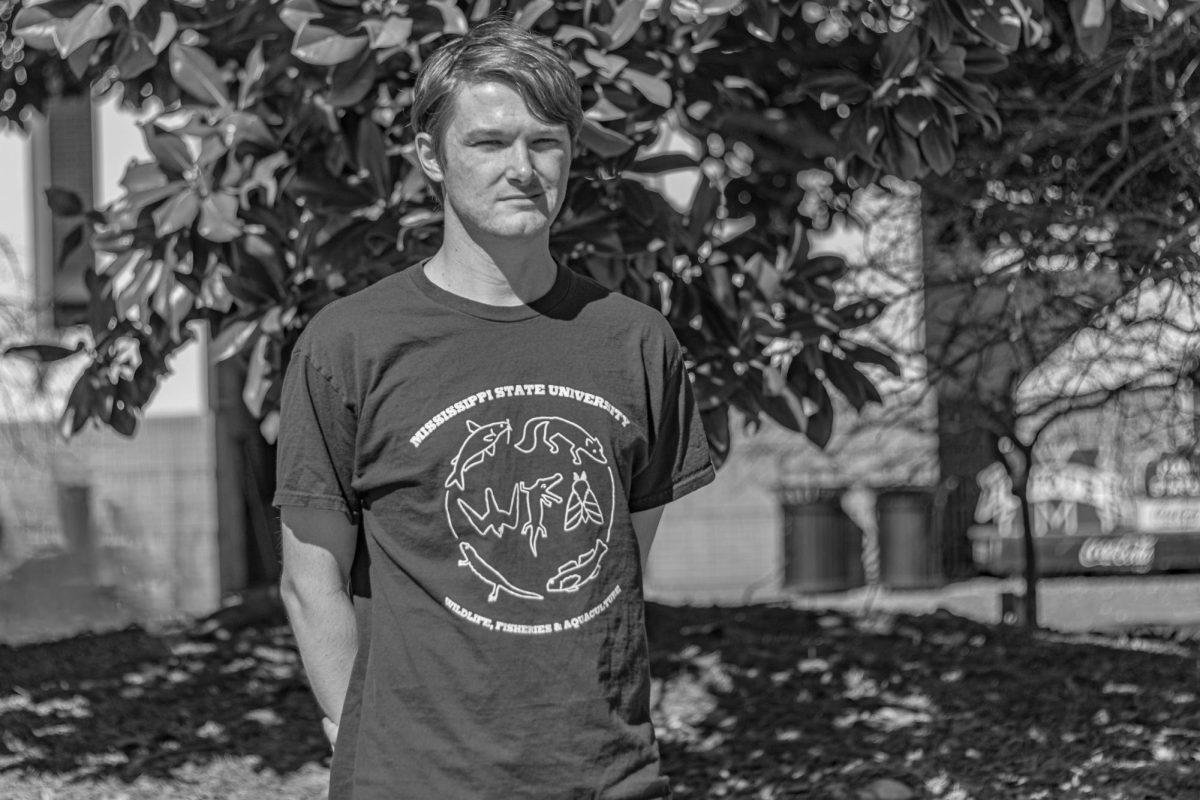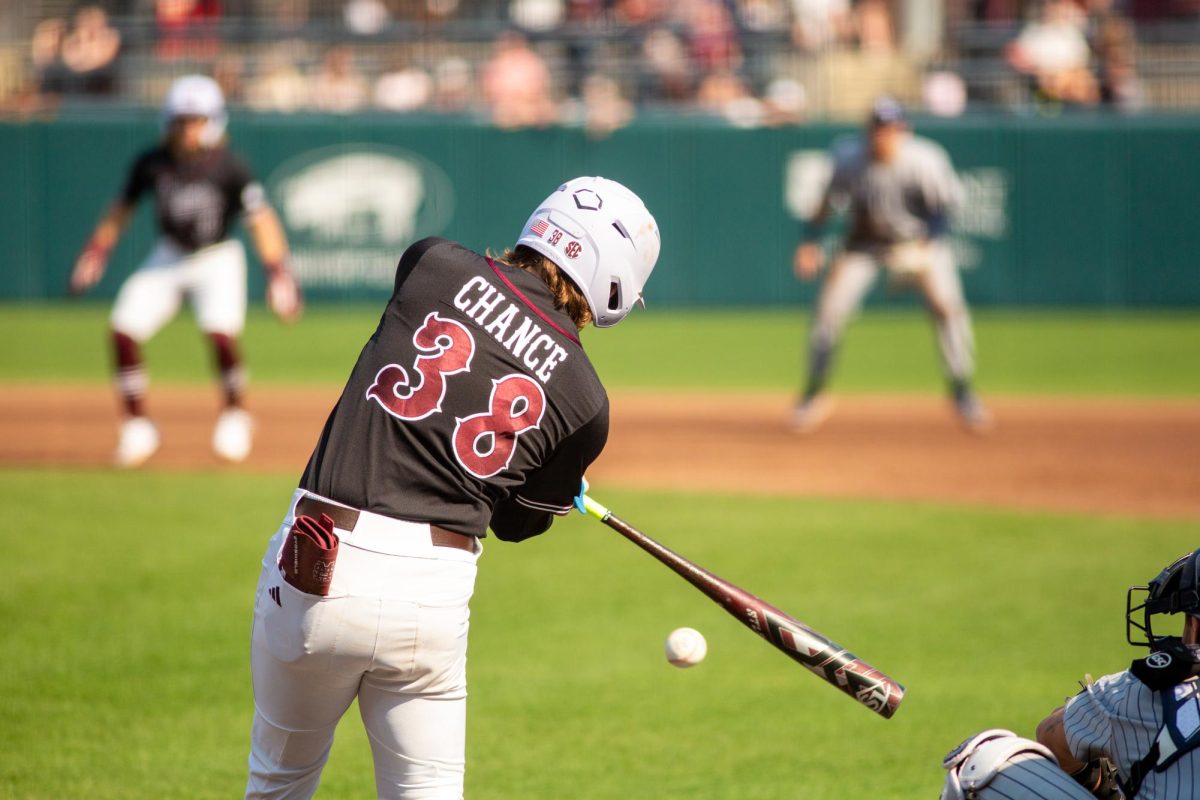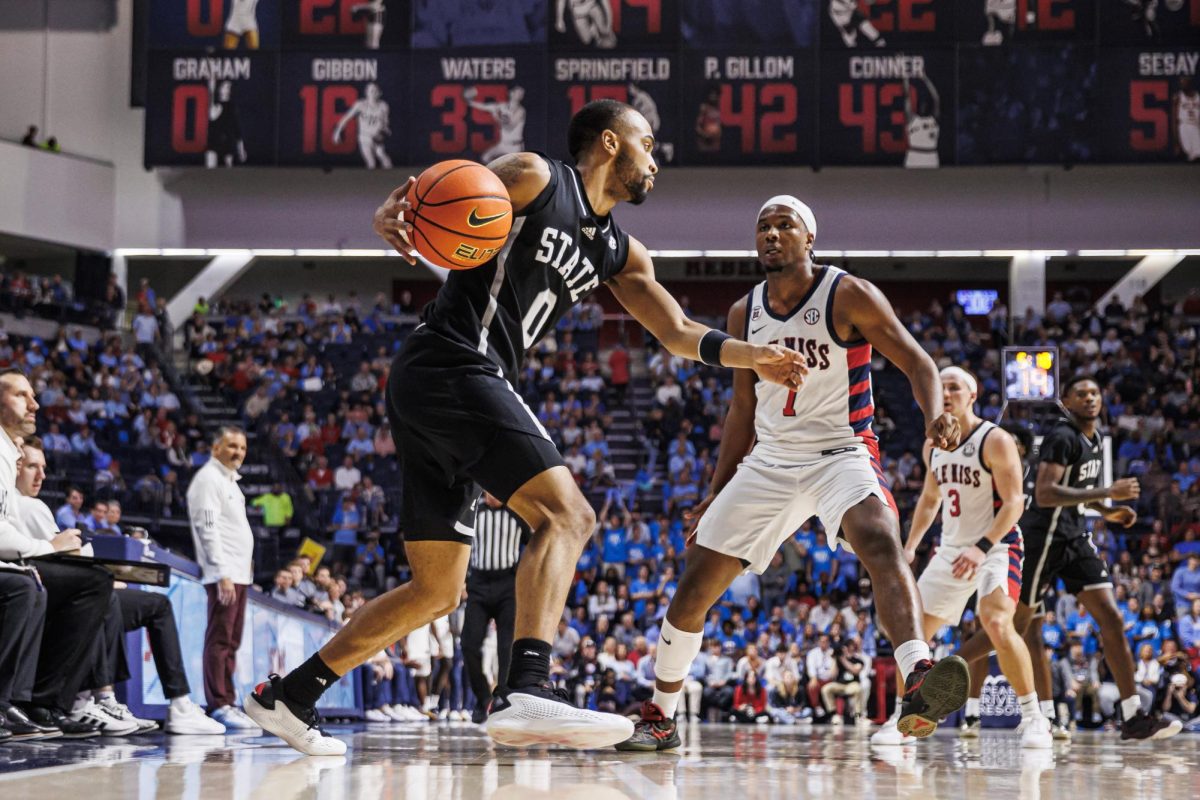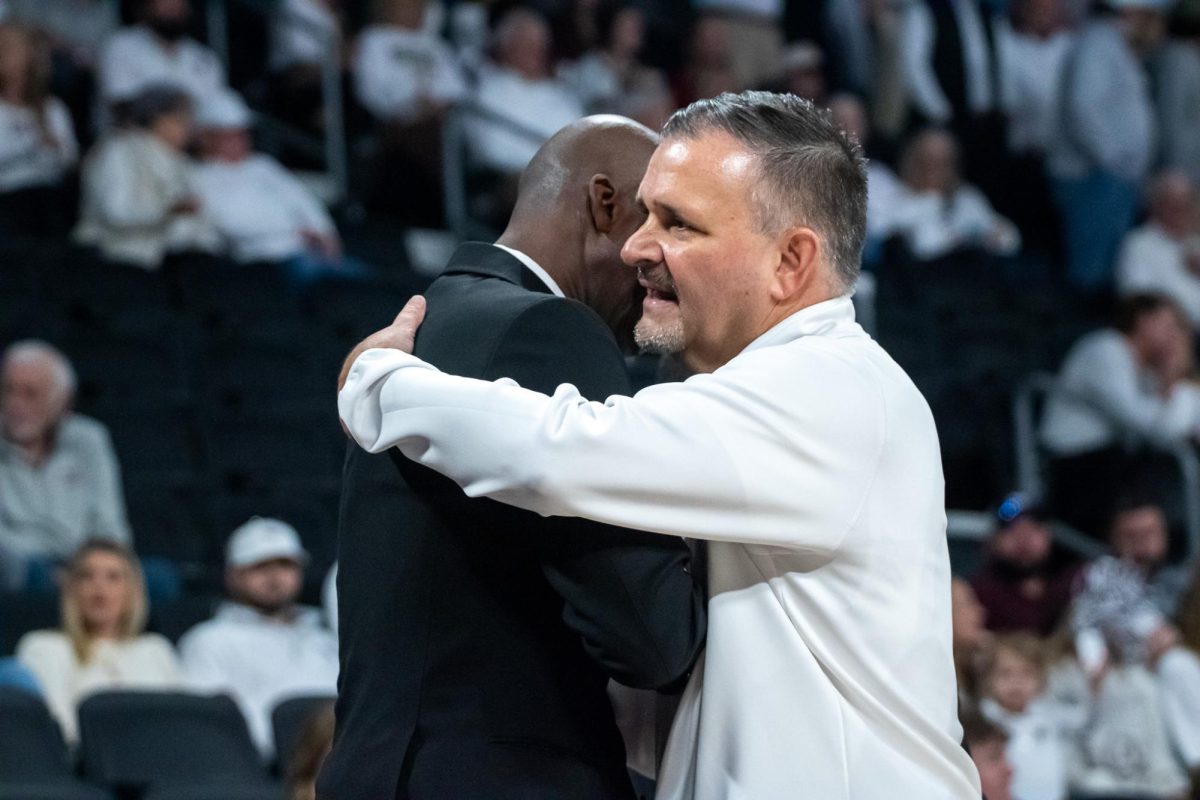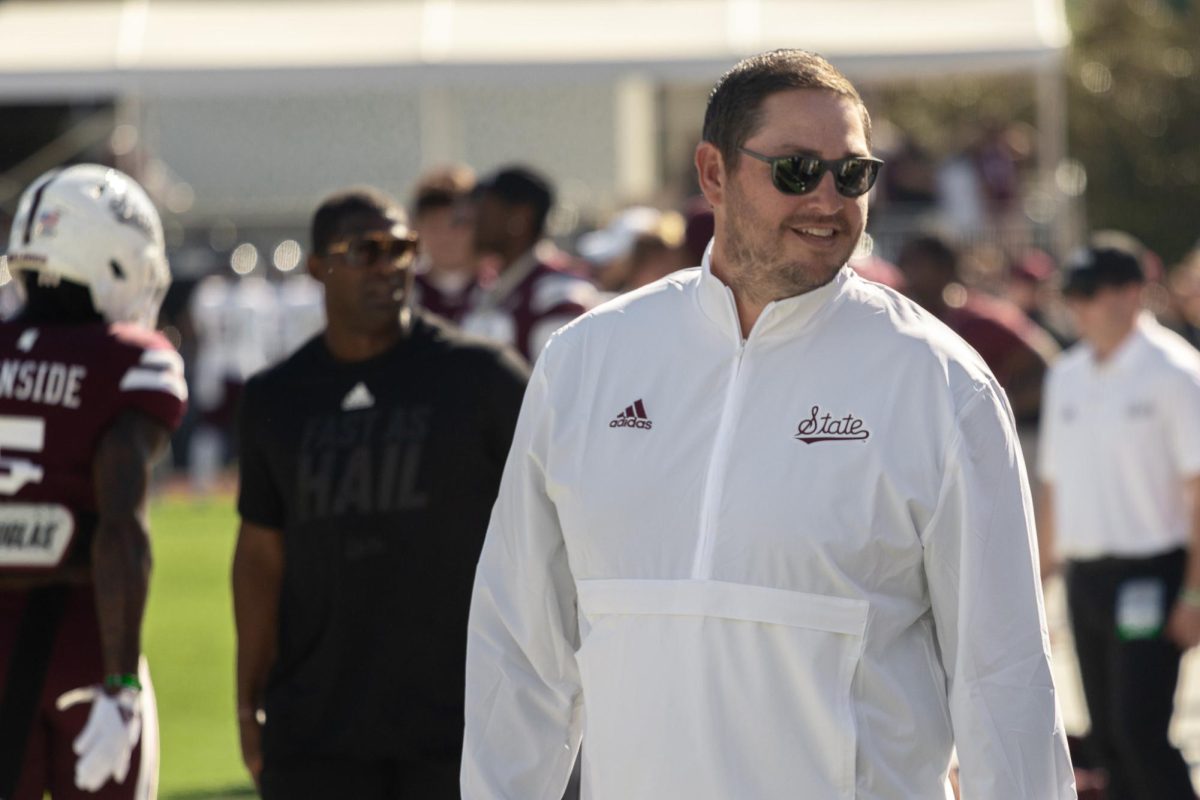Over the past several months, we have heard several commentators say Russian leader Vladimir Putin is doing his absolute best to recreate the Soviet Union of old. This kind of motivation has implications that reach much farther than Eastern Europe. This fact in mind, Putin certainly seems to be ascribing to the “no press is bad press” mantra. Putin left the recent Group of 20 (G20) summit in a huff after he was met with a great deal of tension from other world leaders. Upon meeting with Putin, Canadian Prime Minister Stephen Harper coolly confronted Putin, saying, “I guess I’ll shake your hand … You need to get out of Ukraine,” according to aides of the Canadian leader. According to Jethro Mullen of CNN, these kinds of interactions were the norm during the summit this past weekend, saying Putin “found himself on the receiving end of a series of sharp verbal jabs from his fellow world leaders.”
Apprehensive grandstanding was the story of this year’s G20. Putin even left the conference early after withstanding what Patrick Wintour and Ben Doherty call “hours of browbeating by a succession of Western leaders.”
But browbeating is all it was. Over the past several months, financial sanctions have been levied against Russia. Granted, the sanctions do seem to be working. The State Department’s website says these sanctions have “steadily increased the diplomatic and financial costs of Russia’s aggressive actions towards Ukraine.” But the dust has settled, the sanctions have been imposed and Putin is still in Ukraine. According to Mark Landler of The New York Times, President Obama even made a concerted effort to avoid calling Russia’s actions in Ukraine an invasion while also saying additional sanctions will be unnecessary. British Prime Minister David Cameron described the next steps of the European Union and the United States with regards to Ukraine as “a test of the stamina political will of the United States and the EU.” Cameron thinks they will meet the task.
There is certainly something to be said for nonviolent conflict resolution. I am as against sending more troops into a territory like Ukraine as anyone. However, what seems to be curious is, for a president so concerned about his legacy, Obama has been incredibly passive when it has come to policy in general, but especially engagements in the foreign arena.
Commentators have long called Obama a dictatorial tyrant, but perhaps the more accurate analysis of his administration is one of passivity and uncertainty. International blunders characterize the President’s last six years in office, with the Ukraine situation being perhaps one of the freshest in mind along with the President’s recent address, which referred to the Islamic State as “the JV team,” only to note a short time later his underestimation of the Islamic militant group. Obama balked in the midst of the Syria conflict last year, allowing Secretary of State John Kerry to gaffe his way into giving Bashar al-Assad a free pass, out of the severe punishment he was sure to endure following his genocidal reign in the Middle Eastern country, if he would only dismantle his biological weapons.
Such international weakness has characterized the Obama administration, and the president’s interaction with Putin during the Ukraine situation seems to be more of the same. As Washington Post commentator Dana Milbank wrote in a recent article, “the nation expects from the White House not miracles but competence … the real problem with Obama is not overreach, but his tendency to be hands-off.”
As the president nears the twilight of his tenure, what will become of Barack Obama’s legacy? Will the nation remember his efforts to diffuse the financial and economic bomb of the 2008 recession? Will he be remembered as the president who did what Bill Clinton, the political heavyweight of the last three decades, could not do by passing his legendary healthcare reform? Or will he be remembered for his blunders on the international stage? Only time will tell, but his passive foreign policy surely will not fortify his legacy.


